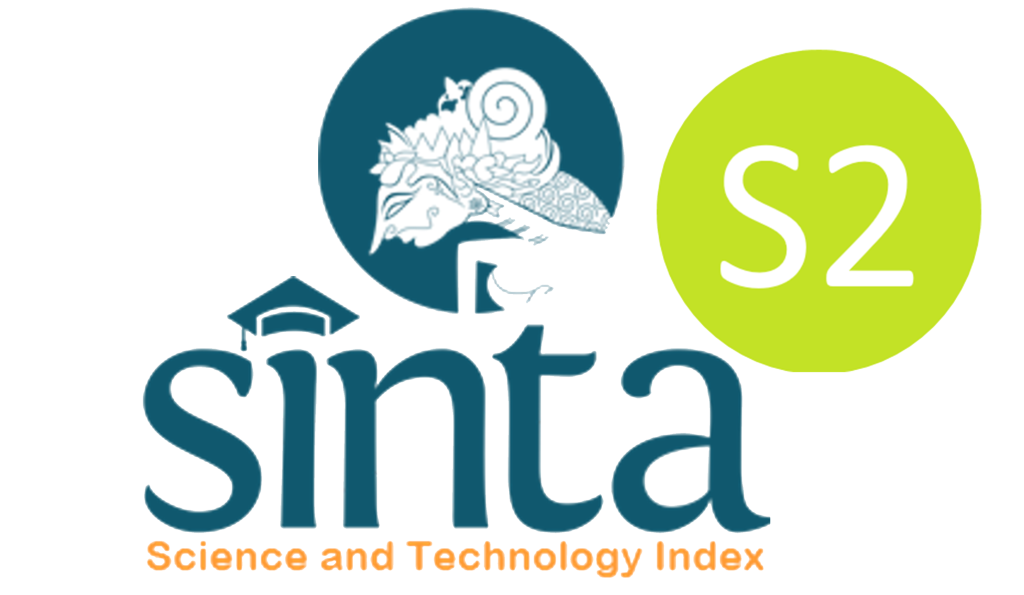THE TRANSFORMATIVE EFFECT OF SOUTH AFRICAN HIGHER EDUCATION POLICY FRAMEWORKS THROUGH THE LENS OF MARGARET ARCHER’S SOCIOLOGICAL CONCEPTS
DOI:
10.54443/ijerlas.v3i4.949Published:
2023-06-19Downloads
Abstract
After the end of the apartheid regime, the South African Government and other stakeholders have made several commitments to enhance and transform the nation's educational system, particularly higher education. To achieve this, the government implemented several educational reforms, passed legislation, and established policies. Despite some discussions and debates surrounding educational improvement, there is still a lack of comprehensive analysis that examines the specific contributions, challenges, and potential challenges of these policy frameworks in driving positive transformations. Accordingly, this research examines the transformative impact of South African Higher Education policy frameworks using Margaret Archer's morphogenetic theory as an analytical framework. The study conducts a desktop document analysis of published literature, including policy documents from the South African government, to explore the contributions and challenges of these policy frameworks. The analysis reveals a lack of significant changes in agency, social, and cultural structures, indicating the absence of morphogenesis processes. Furthermore, there is a lack of commitment from various agents to the policy objectives, particularly evident in weaknesses in fulfilling mandates and the resulting institutional instability due to student protests. The study highlights that the anticipated impact of policies, strategies, and financial resources may have fallen short of expectations regarding the transformation process. The findings contribute to understanding the limitations and effectiveness of South African Higher Education policy frameworks, offering insights into the complex dynamics between structure, culture, and agency. This research informs policymakers, educators, and stakeholders involved in higher education by providing recommendations to enhance the transformative potential of these policy frameworks. The research has broader implications for understanding educational improvement and policy frameworks in other contexts, as the insights gained from this study can be applicable and valuable to similar settings facing challenges in educational reforms..
Keywords:
South African Higher Education, Policy Frameworks, Transformation, Margaret Archer Sociological Concepts, Morphogenetic Theory, Educational ReformsReferences
Archer, M. S., & Morgan, J. (2020). Contributions to realist social theory: An interview with Margaret S. Archer. Journal of Critical Realism, 19(2), 179-200.
Archer, M. S. (2018). Educational politics: a model for their analysis. In Politics and educational change (pp. 29-56). Routledge.
Archer, M. S., & Archer, M. S. (1995). Realist social theory: The morphogenetic approach. Cambridge university press.
Badat, S. (2010). The challenges of transformation in higher education and training institutions in South Africa. Development Bank of Southern Africa, 8(1), 1-37.
Chen, V. Z., Li, J., & Shapiro, D. M. (2011). Are OECD-prescribed “good corporate governance practices” really good in an emerging economy? Asia Pacific Journal of Management, 28(1), 115-138.
Department of Higher Education and Training. (1997). Higher Education Act of 1997. Government of South Africa
Department of Higher Education and Training. (2014). White paper for Post-school Education and Training. Government of South Africa
Francis, D., & Webster, E. (2019). Poverty and inequality in South Africa: critical reflections. Development Southern Africa, 36(6), 788-802.
Govender, C. M. (2020). Hopes, Challenges and Goals—Voices of First-Year At-Risk Higher Education Students in South Africa. South African Review of Sociology, 51(1), 55-69.
Griffiths, D. (2019). #FeesMustFall and the decolonized university in South Africa: Tensions and opportunities in a globalizing world. International Journal of Educational Research, 94, 143-149.
Hall, D. M., & Steiner, R. (2020). Policy content analysis: Qualitative method for analyzing sub-national insect pollinator legislation. MethodsX, 7, 1-7.
Heleta, S. (2016). Decolonization of higher education: Dismantling epistemic violence and Eurocentrism in South Africa. Transformation in Higher Education, 1(1), 1-8.
Hill, C., & Lawton, W. (2018). Universities, the digital divide and global inequality. Journal of higher education policy and management, 40(6), 598-610.
Hlatshwayo, M. N., & Shawa, L. B. (2020). Towards a critical re-conceptualization of the purpose of higher education: the role of Ubuntu-Currere in re-imagining teaching and learning in South African higher education. Higher Education Research & Development, 39(1), 26-38.
Jooste, N., & Hagenmeier, C. (2022). Policy Framework for the Internationalisation of Higher Education in South Africa: A Compass for Comprehensive Internationalisation?. Journal of Studies in International Education, 1-21.
Karasev, D. (2022). The problem of structure and agency and the contemporary sociology of revolutions and social movements. In Handbook of Revolutions in the 21st Century (pp. 201-217). Springer, Cham.
Karlsson, J. C. (2020). Refining Archer’s account of Agency and organization. Journal of Critical Realism, 19(1), 45-57.
Khirfan, L., Peck, M., & Mohtat, N. (2020). Systematic content analysis: A combined method to analyze the literature on the daylighting (de-culverting) of urban streams. MethodsX, 7, 1-14.
Koloba, H. A. (2017). Perceived employability of university students in South Africa. Is it related to employability skills? International Journal of Social Sciences and Humanity Studies, 9(1), 73-90.
Loveday, V. (2018). The neurotic academic: Anxiety, casualisation, and governance in the neoliberalising university. Journal of Cultural Economy, 11(2), 154-166.
Marlita, D., Marampa, A. M., Setyawati, S. M., & Indrayanto, A. (2021). The Effect of Transformation Leadership on Organizational Performance through the Strong Lecturer Engagement. Psychology and Education Journal, 58(2), 4595-4605.
Matukane, M. M., & Bronkhorst, S. (2017). Student funding model used by the National Student Financial Aid Scheme (NSFAS) at universities in South Africa. The Journal of Internet Banking and Commerce, 22(2), 1-20.
Mheta, G., Lungu, B. N., & Govender, T. (2018). Decolonization of the curriculum: A case study of the Durban University of Technology in South Africa. South African Journal of Education, 38(4), 1-7
Motala, E., & Pampallis, J. (2020). Educational law and policy in post-apartheid South Africa. In The State, Education and Equity in Post-Apartheid South Africa (pp. 14-31). Routledge.
Mutch, A. (2017). Margaret Archer and a morphogenetic take on strategy. Critical Perspectives on Accounting, 1-28.
Mzangwa, S. T. (2019). The effects of higher education policy on transformation in post- apartheid South Africa. Cogent Education, 6(1), 1-15.
Newman, J. (2020). Critical realism, critical discourse analysis, and the morphogenetic approach. Journal of Critical Realism, 19(5), 433-455.
Nudelman, G. (2021). Using agential morphogenesis to track professional identity development in higher education. Critical Studies in Teaching and Learning, 9(1), 78-94.
Shongwe, M., & Ocholla, D. N. (2011). A tracer study of LIS graduates at the University of Zululand, 2000-2009. Mousaion, 29(2), 227-245.
Shumar, W. (2013). College for sale: A critique of the commodification of higher education. Routledge.
Slemming, F. (2019). Developing agency in a writing centre context: A Social Realist interpretation. Stellenbosch Papers in Linguistics Plus (SPiL Plus), 57, 149-168.
Swartz, E and Foley, P (1996), Higher education in South Africa: the skills debate, Education and Training, 38(9), 34-40
Vega, L. F. D. L. (2020). The educational improvement analysed from the contributions of the sociology of Margaret Archer: a case study. Revista Brasileira de Educação, 1-25.
Vogler, G. (2016). Power between habitus and reflexivity–introducing Margaret Archer to the power debate. Journal of political power, 9(1), 65-82.
License
Copyright (c) 2023 Haruna Maama

This work is licensed under a Creative Commons Attribution 4.0 International License.









